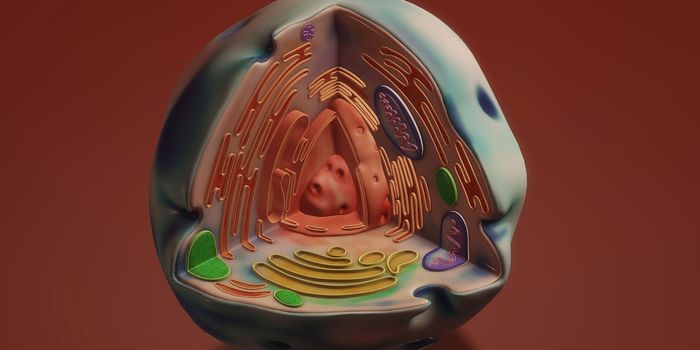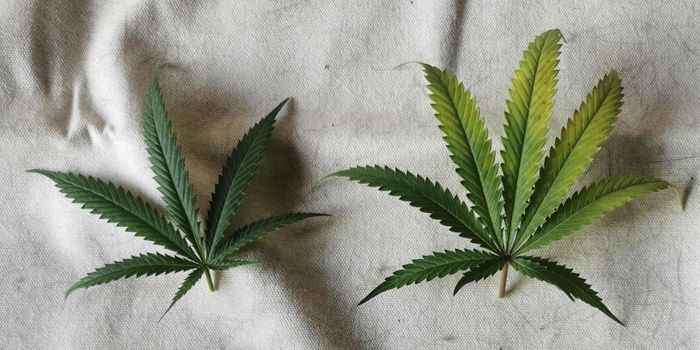Consuming Dark Chocolate Lowers Risk of Depression
You’ve probably heard that dark chocolate has some health benefits. According to Harvard’s School of Public Health, dark chocolate contains two to three times more heart-healthy flavanols than milk chocolate. It’s also rich in iron, copper, magnesium, zinc, and phosphorus.
With the rise in information about the impact of dietary factors on mental health, researchers from University College London (UCL) wanted to assess any associations between eating chocolate and depression. Chocolate is known to be a mood-boosting food, but there have not yet been high-quality scientific investigations to determine the mechanisms involved in this relationship. Previous studies examining the relationship between chocolate and depression did not account for other variables or the type of chocolate consumed.
The UCL research team analyzed 13,626 adults who participated in the National Health and Nutrition Examination Survey (2007-08 and 2013-14). Researchers assessed individuals’ daily chocolate intake, including the amount of chocolate (if any) and the type of chocolate consumed (dark or any other type of chocolate). A Patient Health Questionnaire was used to assess depressive symptoms and indicate clinically relevant depression symptoms. The research team adjusted for other variables that may cause depression symptoms including lifestyle characteristics (such as drinking alcohol or smoking), chronic health conditions, and sociodemographic characteristics.
Dr. Sarah Jackson of UCL’s Institute of Epidemiology and Health Care summarized the results of the study in a press release from the university. She stated, “this study provides some evidence that consumption of chocolate, particularly dark chocolate, may be associated with reduced odds of clinically relevant depressive symptoms.” The results showed that those who ate any dark chocolate in two 24-hour periods had a 70% lower chance of reporting clinically relevant depressive symptoms than those who did not eat any chocolate. Additionally, 25% of participants who reported eating any type of chocolate were also less likely to report clinically relevant depression symptoms than those who did not eat any.
Further research is needed to confirm these results and clarify the causation between dark chocolate consumption and depression. According to Dr. Jackson, “It could be the case that depression causes people to lose their interest in eating chocolate, or there could be other factors that make people both less likely to eat dark chocolate and be depressed.” She also states that the biological mechanism behind the causation needs to be better understood, in which case the exact type and amount of dark chocolate for depression prevention and management could be determined.
Sources: Depression and Anxiety, University College London, Harvard School of Public Health









